They fought for justice, challenged norms, and proved that being ‘woke’ is nothing new.
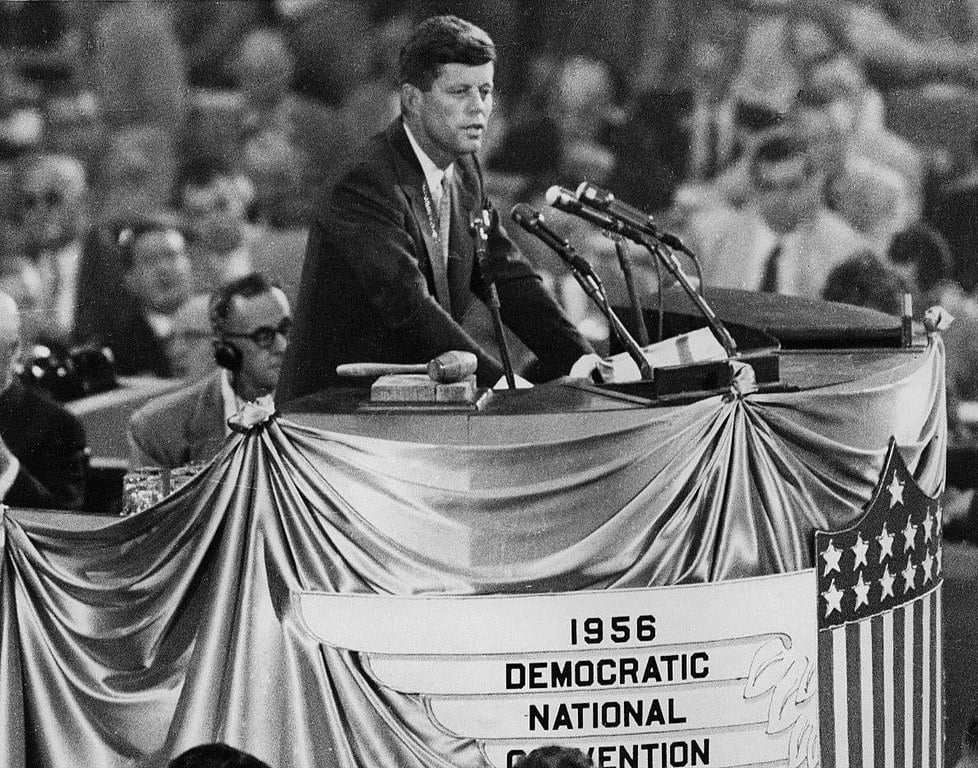
Being “woke” didn’t start with hashtags or protests—it’s been around for centuries, stirring revolutions and upsetting the powerful. Before the word became a battlefield, these historical figures were living examples of what it truly means to fight for equality and challenge injustice.
They took risks, broke barriers, and proved that standing up for what’s right is timeless. Their courage wasn’t always celebrated—some were hated, silenced, or even killed for their beliefs. But their impact changed the world and set the stage for the battles we fight today.
Here are 10 legendary figures who were “woke” before it was controversial.
1. Martin Luther King Jr.: The Man Who Dreamed of Equality and Made It a Movement
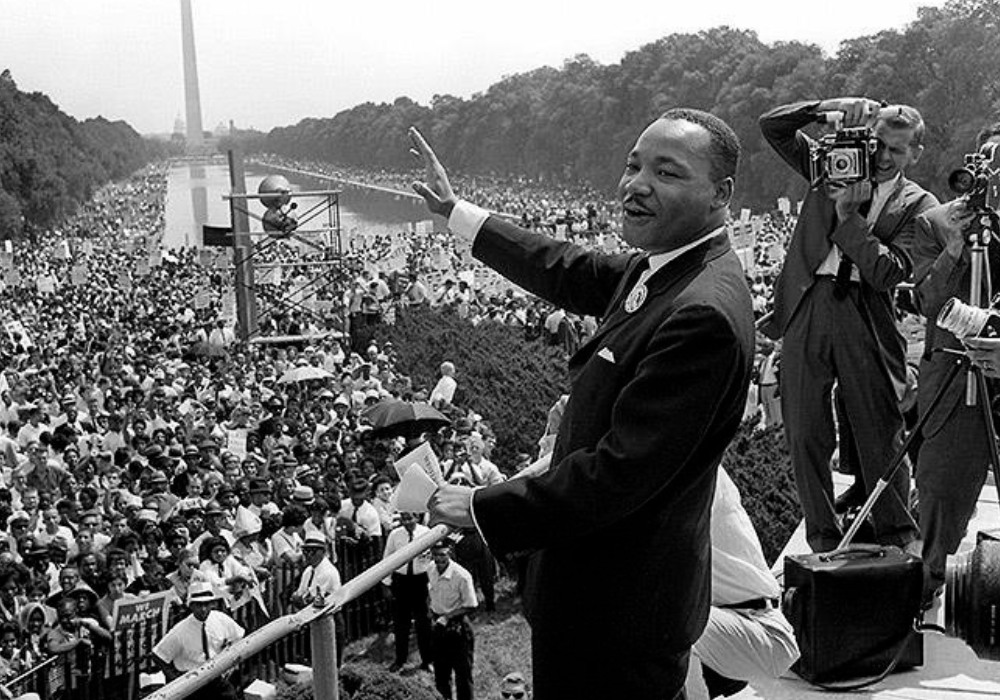
In a time of deep racial division, Martin Luther King Jr. dared to envision a world of equality. His leadership in nonviolent protests and his powerful words inspired a nation to confront its own prejudice. The Civil Rights Movement owes much of its momentum to his dream and his determination.
2. Jesus Christ: The Revolutionary Who Preached Love, Justice, and Compassion for All
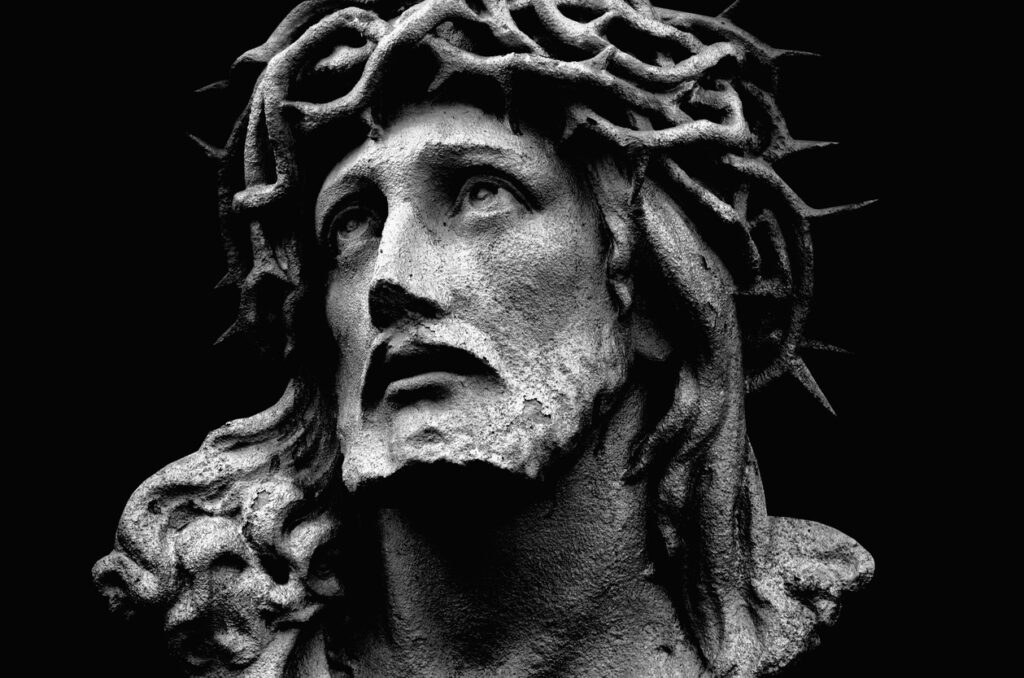
Challenging the social and political norms of his time, Jesus Christ became a beacon of hope for the oppressed. His teachings on love, forgiveness, and justice resonated with the downtrodden and unsettled the powerful. His legacy endures as a model for compassion-driven activism.
3. Abraham Lincoln: The President Who Risked Everything to End Slavery
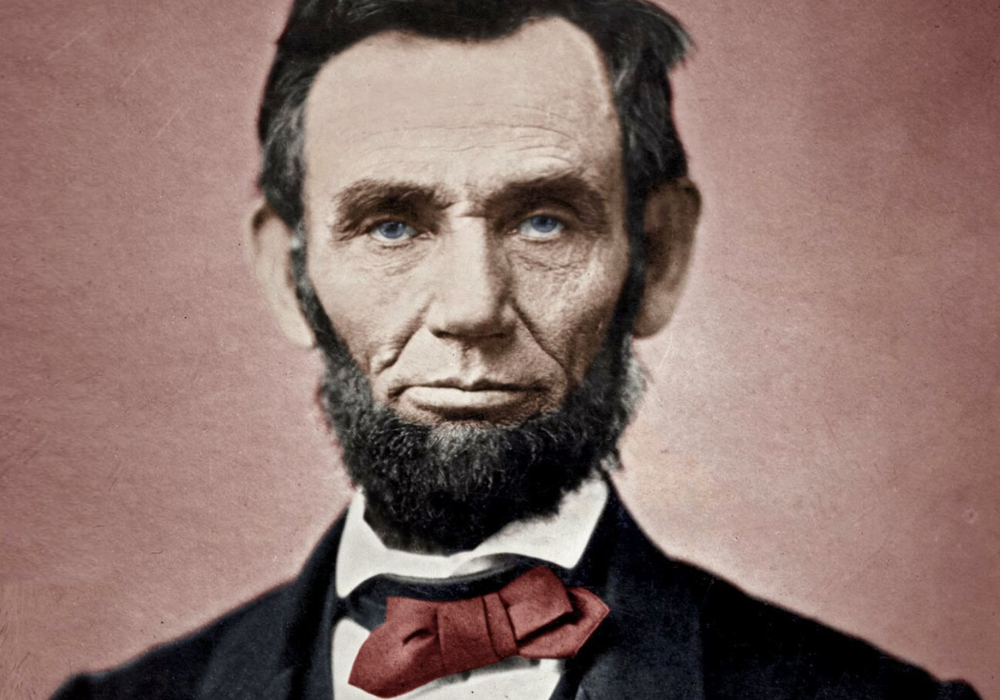
Not many leaders have faced challenges as grave as Abraham Lincoln during the Civil War. His commitment to preserving the Union and ending slavery redefined the course of American history. By issuing the Emancipation Proclamation, he solidified his place as a champion of freedom.
4. Mahatma Gandhi: The Lawyer Who Used Nonviolence to Take Down an Empire
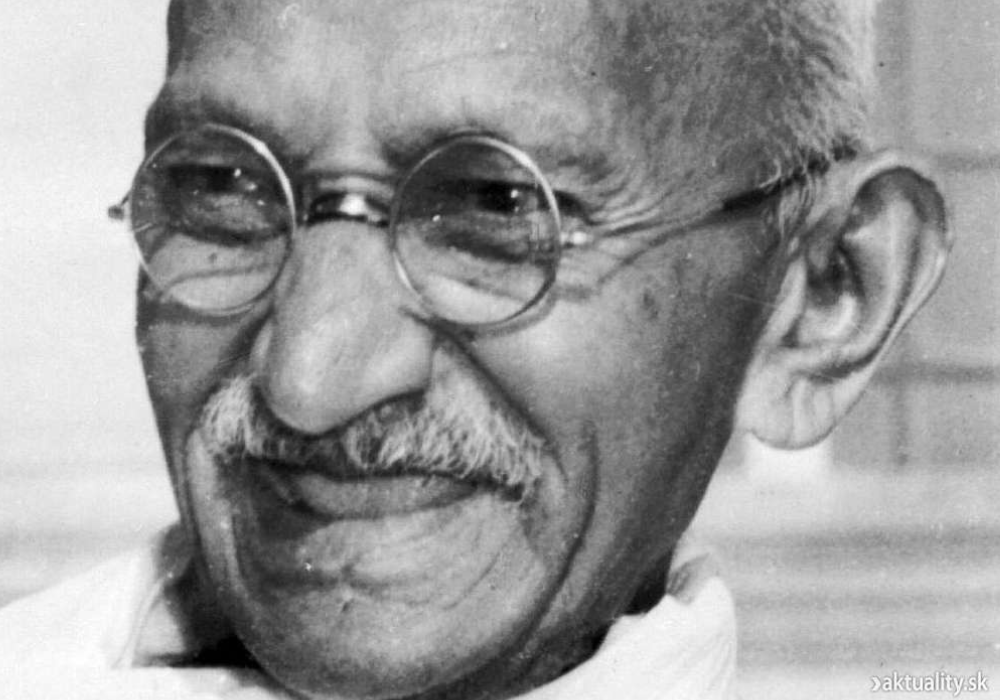
Few leaders have demonstrated the power of peaceful resistance like Gandhi. His philosophy of nonviolence inspired a global movement, and his efforts for India’s independence changed the face of colonial power. Gandhi’s life serves as a testament to the strength of perseverance over force.
5. Rosa Parks: The Woman Who Refused to Give Up Her Seat and Sparked a Revolution
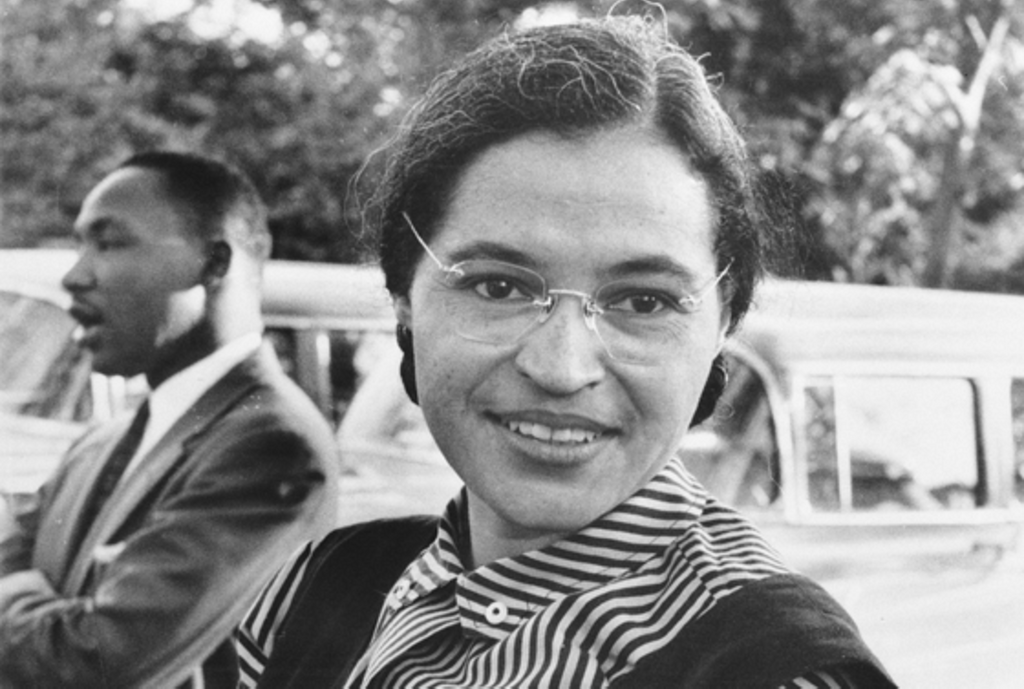
With a simple yet defiant act, Rosa Parks ignited the Civil Rights Movement. By refusing to give up her seat on a segregated bus, she became a symbol of resistance against racial injustice. Her courage continues to remind us of the power of standing firm in the face of oppression.
6. John F. Kennedy: The Visionary Who Championed Civil Rights and Inspired a Nation
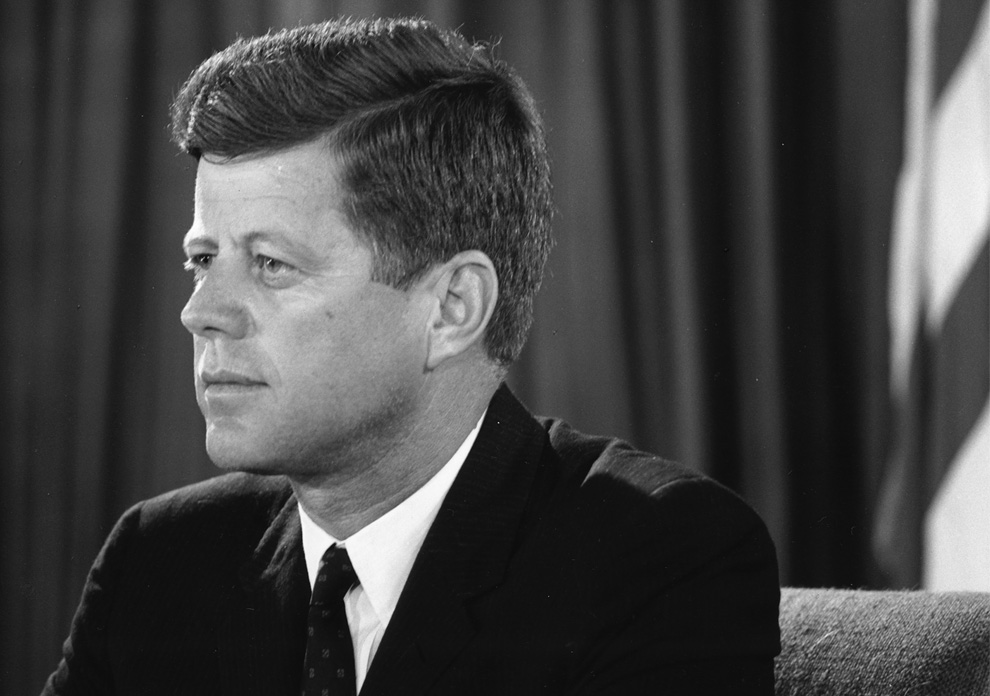
A bold vision for equality defined John F. Kennedy’s presidency. By supporting civil rights legislation and calling on Americans to serve their country, he became a unifying figure during a turbulent era. His legacy of hope and progress still resonates with generations striving for justice.
7. Cesar Chavez: The Farmworker Who Fought for Labor Rights and Inspired a Movement
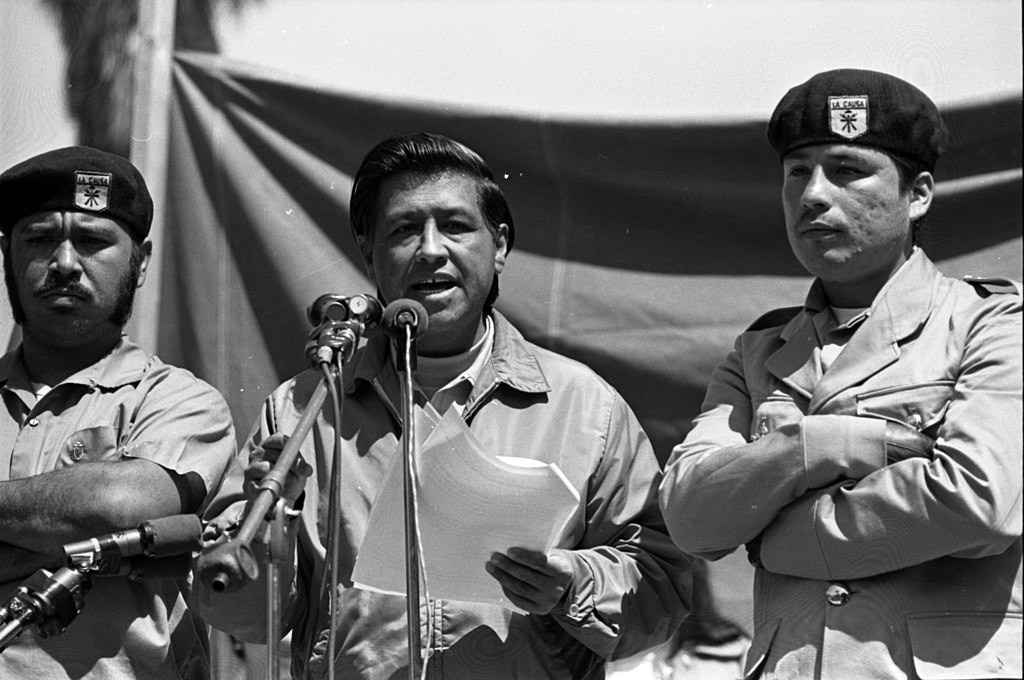
As a voice for the voiceless, Cesar Chavez took on the fight for farmworkers’ rights. Strikes, boycotts, and hunger protests were his tools to demand dignity for the oppressed. Chavez proved that even the most marginalized have the power to make their voices heard.
8. Susan B. Anthony: The Suffragette Who Refused to Wait for Women’s Right to Vote
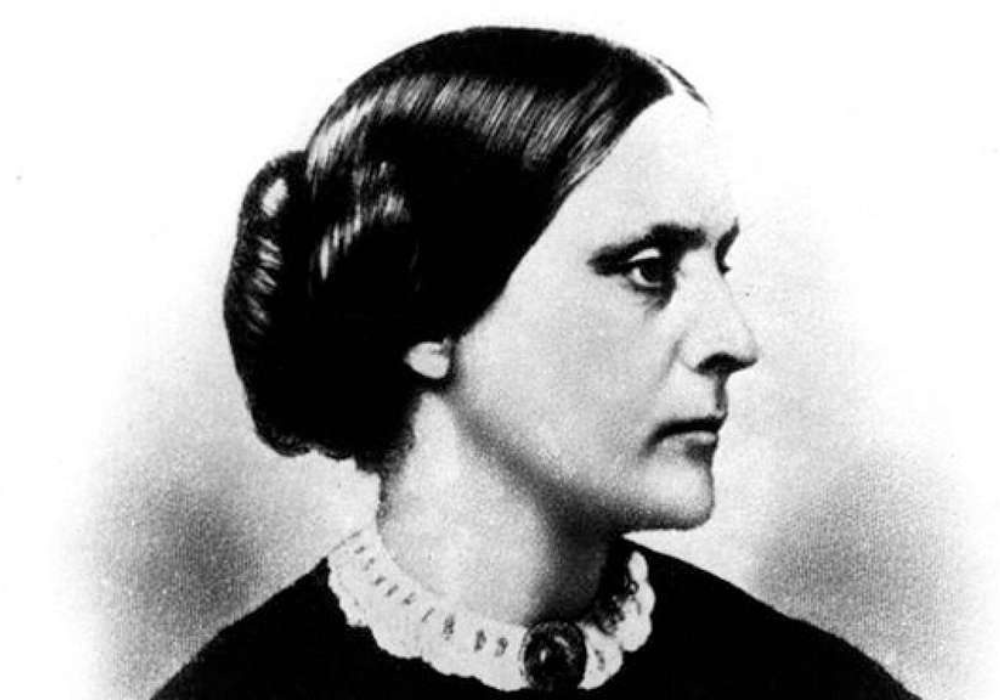
Refusing to accept inequality, Susan B. Anthony worked tirelessly for women’s suffrage. Her bold actions, including voting illegally in 1872, made her a key figure in the fight for gender equality. Anthony’s unyielding dedication helped pave the way for women’s right to vote.
9. Florence Nightingale: The Nurse Who Revolutionized Healthcare and Fought for Dignity
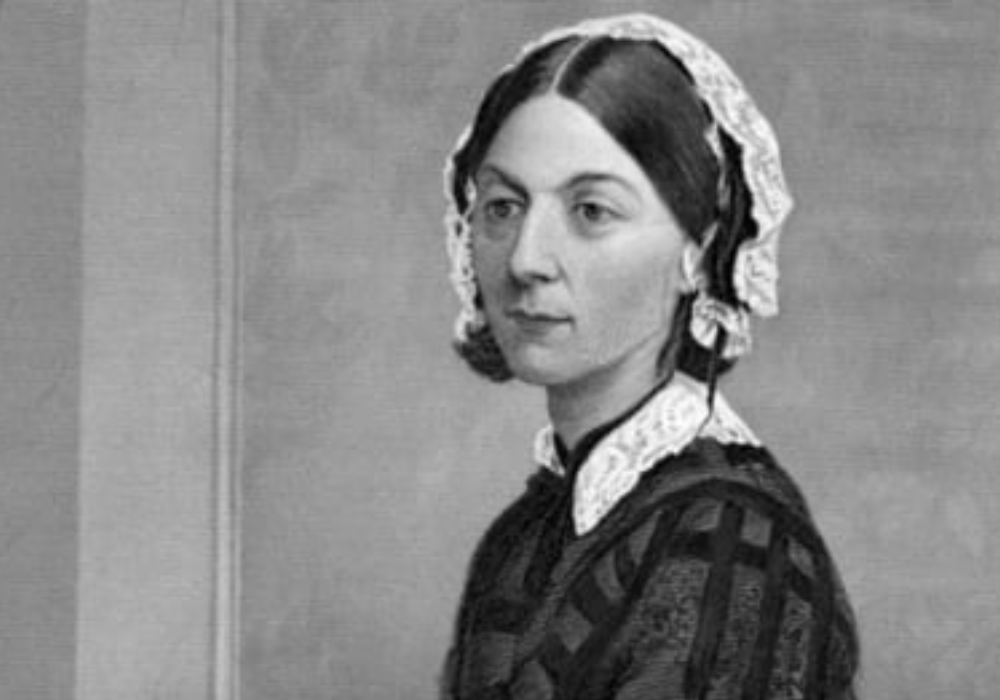
Revolutionizing healthcare during the Crimean War, Florence Nightingale made sanitation and patient care global priorities. Her compassion and determination saved countless lives and forever changed how we approach medicine. Nightingale’s legacy shines as a beacon of hope for those in need.
10. Winston Churchill: The Leader Who Defended Democracy Against Tyranny
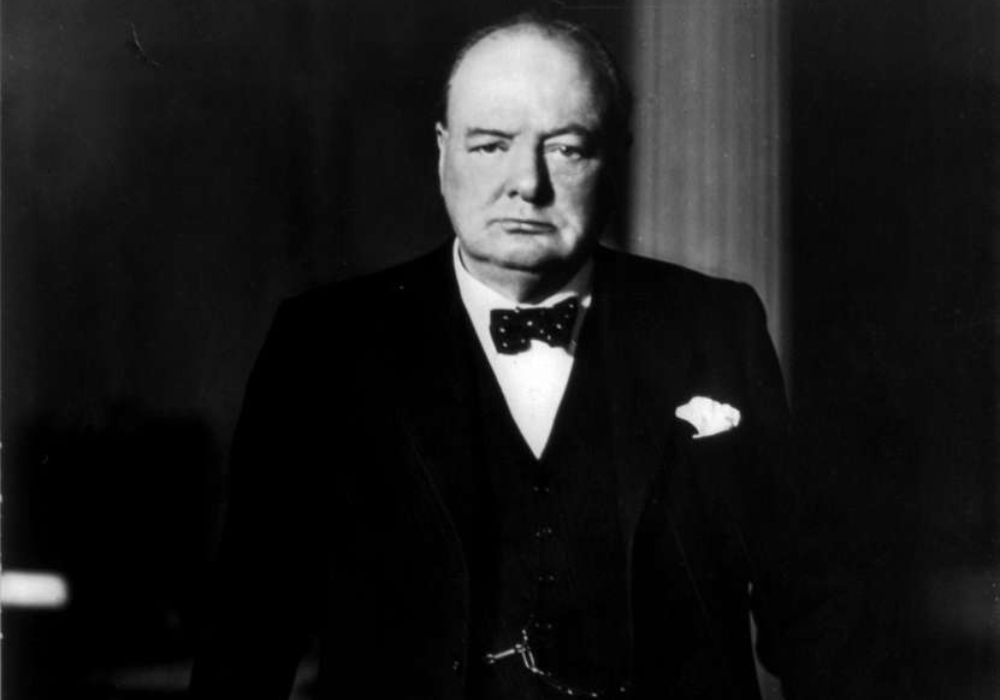
During World War II, Winston Churchill’s resolve and stirring speeches rallied the free world. Refusing to surrender to tyranny, he became a symbol of strength and determination. His leadership not only defended democracy but also inspired future generations to stand against oppression.
